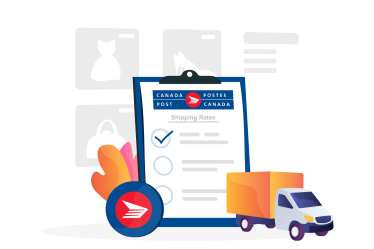
Starting a small business is a dream for many people, but it seems out of reach if your budget is limited. While it does take careful planning and hard work, it is possible to launch your successful venture even with limited funds. Look into business ideas that require a lower upfront investment. A service-based business utilizing your skills – house cleaning, bookkeeping, consulting, pet care, and computer repair. An online store through dropshipping, where inventory is handled by suppliers. A used item retail business sourcing inventory from yard sales, and estate sales. A rental equipment company starting with smaller assets. A home-based bakery, crafter, or artisan business taking orders online.
Come up with a lean startup plan
Create a simplified startup plan outlining your idea, target market, initial costs, and funding strategy. Estimate modest startup expenses, being careful not to overspend. Research ways to launch on a shoestring budget. For example, sell online first before opening a storefront. Or, rent equipment before buying. Use digital tools for marketing and operations. Every small savings will help. Explore funding options like microloans, grants, personal savings, and loans from friends/family. Crowdfunding sites help raise startup capital. See if you qualify for any small business tax credits or loans. When possible, reinvest earnings back into the business to fuel growth. Only take on the minimum investment needed to launch.
Start remotely or from home
Running your business remotely or from home keeps real estate costs low. Use your living space, garage, or yard to house your startup. Set up an office, workshop, or kitchen in unused areas of your dwelling. Many businesses can be run online via websites and social media. Virtual marketplaces help you sell products from home. Save money by handling tasks yourself instead of outsourcing. Set up your website and marketing materials using free online tools. Learn basic bookkeeping and administrative skills to avoid hiring staff initially. Handle product development and order fulfillment yourself at first. Know when to delegate important but non-essential tasks to contractors.
Optimize your marketing
With a limited marketing budget, focus on affordable digital channels. Share your high profit margin business and products actively on social media. Reach customers via blogging, email newsletters, content sharing, online forums, and groups. Boost local visibility through free directories and chamber of commerce resources. Run cost-effective Google and Facebook ad campaigns. Look for low-cost ways to network at local events. Carefully manage your operating expenses by keeping things simple and streamlined. Avoid unnecessary supplies, subscriptions, and software. Negotiate deals with vendors and suppliers. For unexpected expenses, set aside a fund for emergencies. Monitor utility costs. Only lease required equipment and furnishings. Automate processes to optimize efficiency. Keep staffing and operations lean.
Starting highly focused will help minimize your startup costs. Target a well-defined audience with specialized products or services. Dominate a niche rather than spreading yourself too thin. As your customer base and revenue expand over time, you explore a broader range of products and services. With persistence and resourcefulness, you make your entrepreneurial dream a reality even with limited capital.



